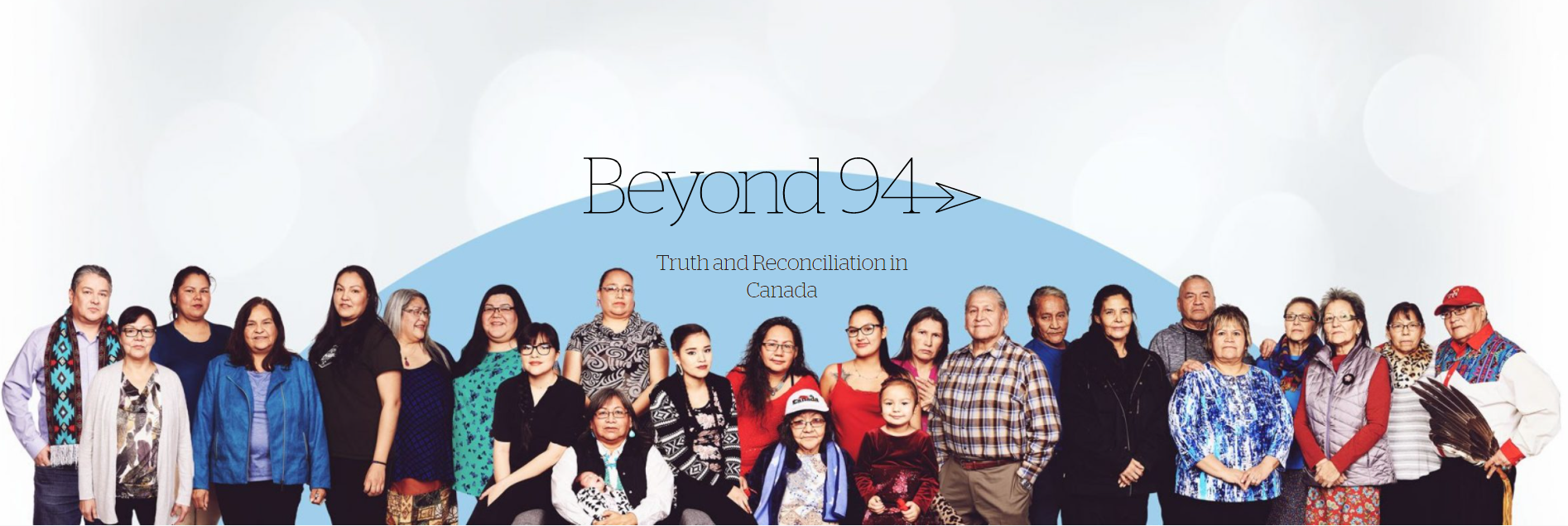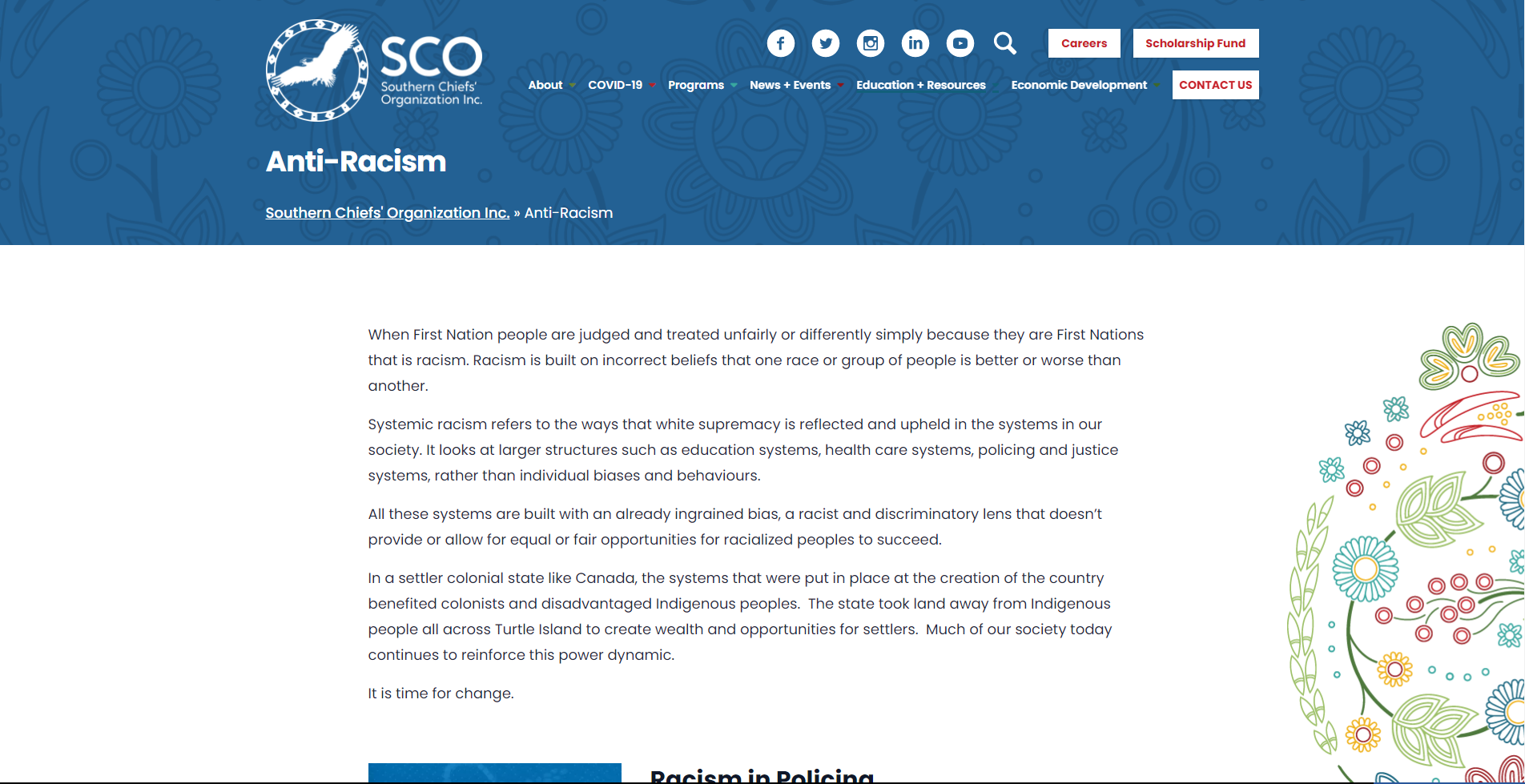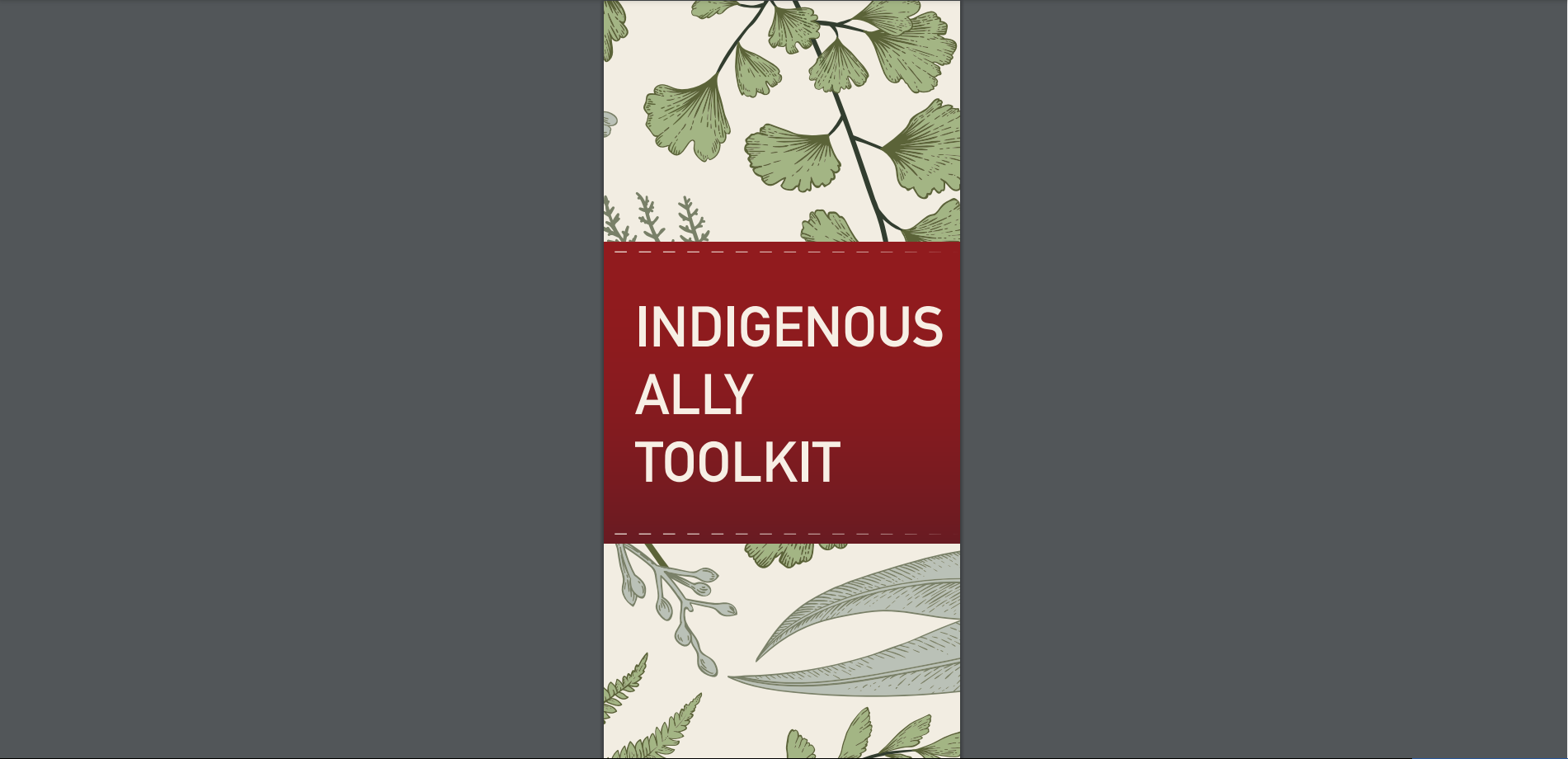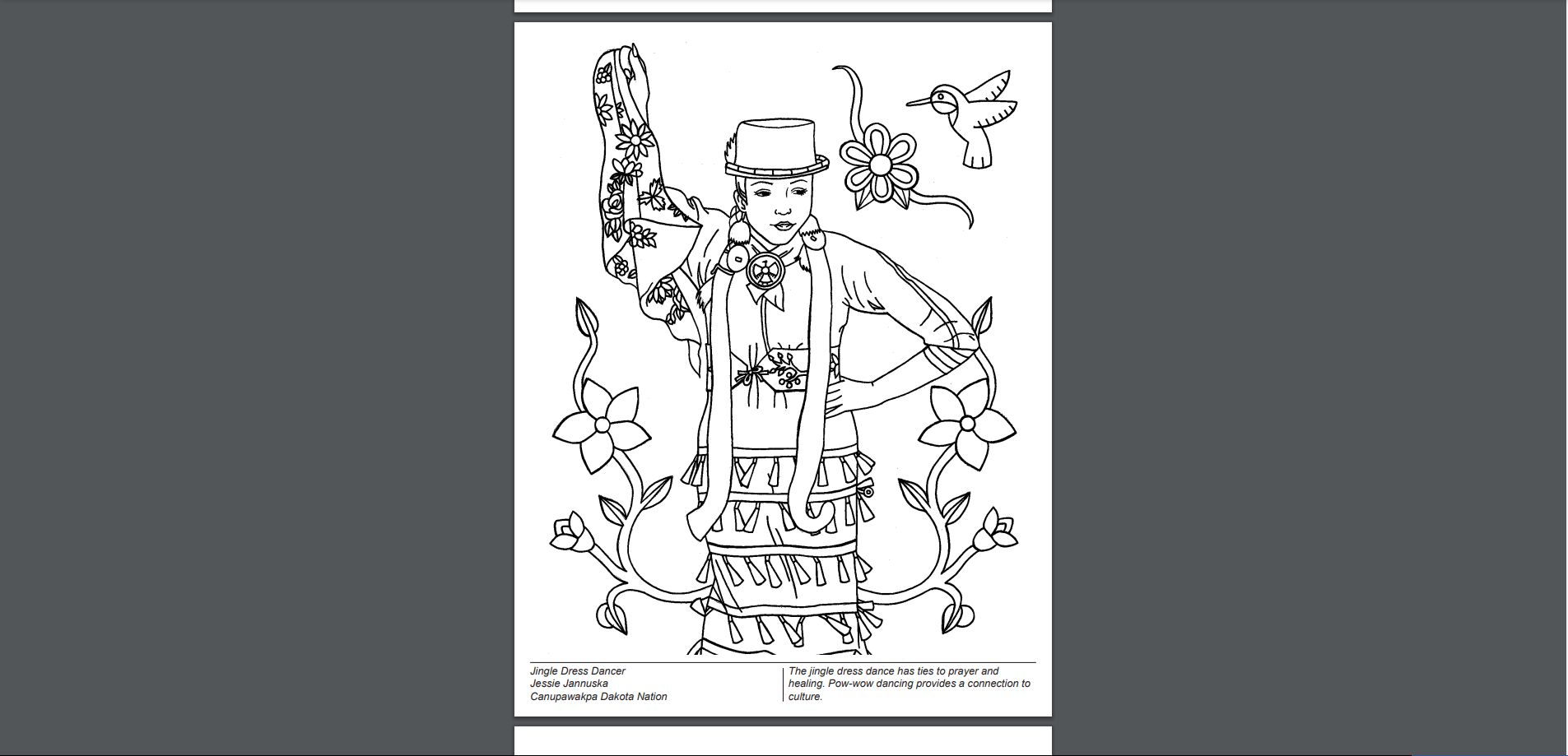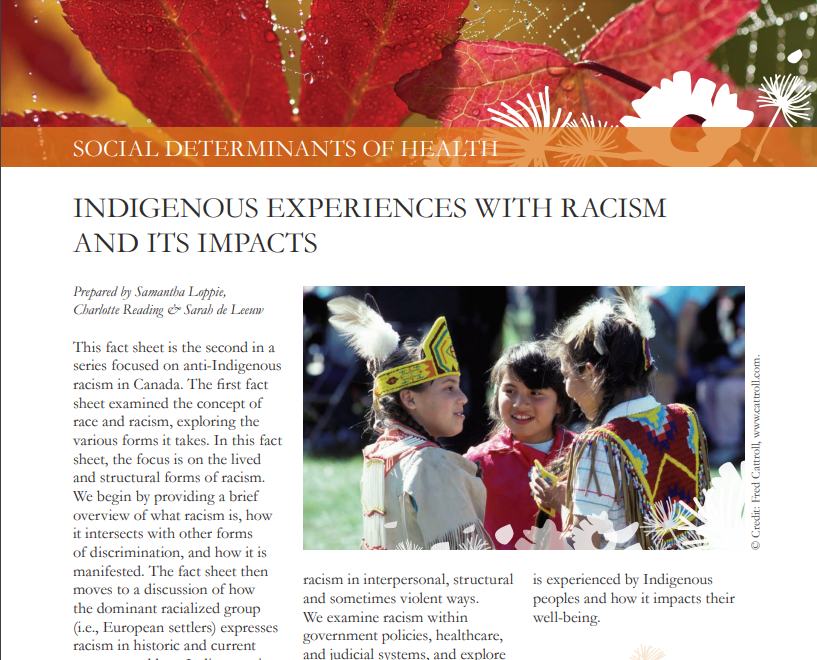
Indigenous Anti-Racism Toolkit
Resources
-
Hon. Murray Sinclair on Truth & Reconciliation
Truth and Reconciliation Commissioner Murray Sinclair says Canadians can work toward reconciliation by reading the report and finding a call to action that interests them.To read more: http://cbc.ca/beyond94 https://www.youtube.com/watch?v=j2Lv21Ktz84
-
Anti-Racism
This page from Southern Chiefs Association contains a curated list of reports (i.e. racism in policing, racism in healthcare), press releases, and resources.
-
Pulling Together
The Manitoba Foundations Guide (Brandon Edition) is the first Manitoba adaptation of an open professional learning series developed for staff across post-secondary institutions.
This guide is intended to support the systemic change occurring across post-secondary institutions and beyond through Indigenization, decolonization, and reconciliation.
-
The Decolonizing Lens
The Decolonizing Lens is a Winnipeg film and discussion series that features the work and words of Indigenous filmmakers. All screenings are free and open to everyone. The Decolonizing Lens is supported by the National Centre for Truth and Reconciliation and the Women’s and Gender Studies program at the University of Manitoba.
-
Truth and Reconciliation Commission Calls to Action
In order to redress the legacy of residential schools and advance the process of Canadian reconciliation, the Truth and Reconciliation Commission of Canada makes these calls to action.
-
Assembly of First Nations Learning Modules
The Assembly of First Nations Toolkit consists of 22 learning modules that have been designed to enhance the understanding of important First Nations topics to ensure both students and teachers are learning in and out of the classroom.
-
Treaty Relations Commission of Manitoba
This page contains helpful information about the Treaties in Canada.
-
Whose Land App
Whose Land is a web-based app that uses GIS technology to assist users in identifying Indigenous Nations, territories, and Indigenous communities across Canada. The app can be used for learning about the territory your home or business is situated on, finding information for a land acknowledgement, and learning about the treaties and agreements signed across Canada.
-
So You Want To Be An Ally
Many want to be an ally, which is why this pamphlet focuses on that term. However, being an ally is not a self-appointed identity and requires you to show your understanding through actions, relations, and recognition by the community
-
Manitoba Education Guide for Parents
This guide describes what your child is learning at school and how you can help, along with guidelines for having critical/courageous conversations on race.
-
First Nations Child & Family Caring Society
This page contains resources, books, films, educational programs and toolkits to support educators in providing opportunities for young people to take part in activities that foster reconciliation and culturally based equity for Indigenous children and youth.
-
Settlers Take Action
Non-Indigenous folk who live in Canada benefit from the colonialism that happened here. That means we are all responsible for our personal role in reconciliation. This website explores how.
-

Face to Face Podcast
Face To Face is a sit-down interview show with a focus on Indigenous issues. We not only speak to those in the headlines but also those who are affected by the many problems facing Indigenous urban and rural communities.
-
First Nations Health & Wellness Colouring Book
This colouring book represents the collective efforts of 19 Indigenous artists, and celebrates a diversity of health and wellness perspectives.
-
Going Beyond the Script
For teachers/facilitators giving a land acknowledgement. This territorial acknowledgement video offers seven tips for creating your own acknowledgement.
-

Indigenous Wellness / Mental Health Resources
NWAC Elder Support Line | Canada-Wide
Available Monday-Friday 9AM-11AM EST & 1PM-3PM EST
Call 888-664-7808
First Nations, Métis & Inuit Hope for Wellness Help Line | Canada-Wide
If you’re experiencing emotional distress and want to talk, call the First Nations, Métis & Inuit Hope for Wellness Help Line: 1-855-242-3310. Available 24/7, Canada-wide.
-
Book List by Indigenous Writers
It can no longer be disputed that the residential school system was genocide, and the question now is: What are you going to do about it? Because outrage, thoughts and prayers, retweets and likes, are not enough. I think the answer starts with stories. Stories have been, and always will be, the best way to educate ourselves about the truth. You have to recognize that you have the power to be the authors of reconciliation if you read as much as you can, listen as much as you can, learn as much as you can, and then take meaningful, informed action.
-

21 Things You May Not Know About the Indian Act
written by Bob Joseph founder of Indigenous Corporate Training Inc. is a member of the Gwawaenuk Nation. This 178-page book is an essential guide to understanding the legal document and its repercussion on generations of First Nations, written by a leading cultural sensitivity trainer.
-
Factsheets
This series of three fact sheets focus on racism experienced by Indigenous peoples in Canada – how to understand it in historical context, how it affects individuals and communities, and what programs, policies and strategies exist to combat
-

My Voice is Louder than Hate
My Voice is Louder Than Hate is a multimedia lesson resource designed to empower students in Grades 9 to 12 to push back against hate and prejudice in their online communities.
-

Reclaiming My Identity with Brian
Survivor Brian Normand talks about reclaiming his Métis cultural identity after leaving residential school.
-

Récupérer mon identité avec Brian
Le survivant Brian Normand parle de la reconquête de son identité culturelle métisse après avoir quitté le pensionnat indien.

